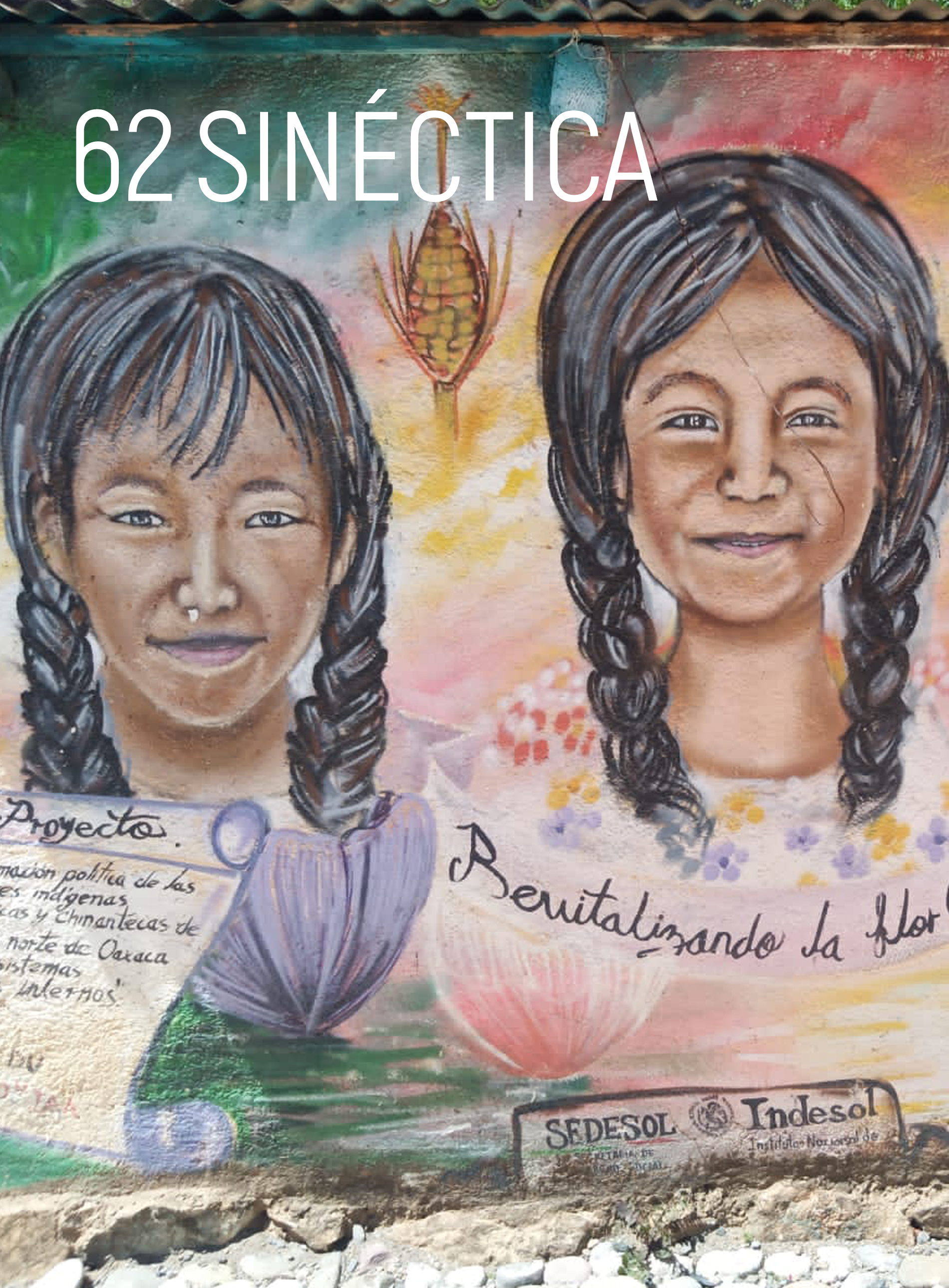Symbolic and material conditions of indigenous young people when entering university
DOI:
https://doi.org/10.31391/S2007-7033(2024)0062-011Keywords:
indigenous youth, university, entry, material conditions, symbolic conditionsAbstract
This article presents a series of results that are linked to the admission of indigenous students to degree courses offered by the National University of Salta, Argentina. The analytical corpus is made up of 865 surveys carried out on young people who belong to an indigenous people. These data are provided by the General Directorate of University Statistics of the University. The analysis focuses on the material-objective and symbolic-subjective dimensions that constitute the diverse and unique starting points of these young people, while functioning as signs of social distinction. Such particularities make up a field of multiple meanings where income is conditioned by mechanisms of inequality, contributing to generating differentiated educational processes. The results show that in recent years the indigenous presence in this scenario has increased, although not in the same way as other groups. In this sense, the programs and projects that have been developed in recent decades at the institutional, provincial and national levels collaborate with processes of socio-educational inclusion for members of indigenous peoples.
Downloads
References
Bourdieu, P. (1991). La miseria del mundo. Fondo de Cultura Económica.
Bourdieu, P. (1979). La distinción. Criterio y bases sociales del gusto. Taurus.
Bourdieu, P. (1978). Los tres estados del capital Cultural. Sociológica, núm. 5, pp. 11-17.
Bourdieu, P. y Passeron, J. C. (1972). La reproducción. Elementos para una teoría del sistema de enseñanza. Editorial Laila.
Chiroleu, A. (2014). Desigualdades en educación superior y políticas públicas. Los casos de Argentina, Brasil y Venezuela. Universidades, núm. 59, pp. 10-21. https://rephip.unr.edu.ar/handle/2133/9821
Di Pietro, N., Ossola, M., Rodríguez, N. y Soriano, G. V. H. (2021). Jóvenes indígenas en la Universidad Nacional de Salta: reconfiguraciones socioculturales en el contexto académico y urbano. Actas del XII Congreso Argentino de Antropología Social.
Elias, N. (1990). La sociedad de los individuos. Península.
Elias, N. (1987). El proceso de la civilización. Investigaciones sociogenéticas y psicogenéticas. Fondo de Cultura Económica.
Ilvento, M. C., Martínez, M. T., Rodríguez, J. y Fernández Berdaguer, L. (2011). Trayectorias educativas e inserción laboral: un encuentro de miradas. Mundo Gráfico.
Kaplan, C. V. (2022). La afectividad en la escuela. Paidós.
Kaplan, C.V. (2018). La naturaleza afectiva del orden social. Una cuestión rezagada del campo de la sociología de la educación. Sudamérica. Revista de Ciencias Sociales, núm. 9, pp. 117-128.
Kaplan, C. V. y Sulca, E. (2018). Procesos de nominación y estigmatización de los pueblos indígenas en Argentina. Interfaces de la Educación, vol. 9, núm. 27, pp. 296-316.
Kessler, G. (2019). Algunas reflexiones sobre la agenda de investigación de desigualdades en Latinoamérica. Desacatos. Revista de Ciencias Sociales, núm. 59, pp. 86-95. https://doi.org/10.29340/59.2051
Ossola, M. (2015). Aprender de las dos ciencias. Etnografía con jóvenes wichí en la educación superior de Salta. Santiago del Estero: EDUNSE.
Ossola, M. M., Di Pietro. N. y Soriano, G. V. H. (2022). Educación, trabajo y maternidad entre mujeres wichí: un estudio intergeneracional (Salta, Argentina). Desidades, vol. 34, pp. 157-174.
Ossola, M. M., Mancinelli, G., Aliata, S. y Hecht, A. (2019). Experiencias de jóvenes wichí y toba/qom en la educación superior en Chaco y Salta. En A. Hecht, M. García Palacios y N. Enriz (comps.). Experiencias formativas interculturales de jóvenes toba/qom, wichí y mbyá-guaraní de Argentina (pp. 21-35). Grupo Editor Universitario.
Rodríguez, N. (2020). Interculturalidad y universidad. Desarrollo, avances y perspectivas del proyecto de tutorías con estudiantes de pueblos originarios en la Universidad Nacional de Salta. Tesis de doctorado no publicada. Universidad Nacional de Tucumán.
Soriano, G. V. H. (2023). Etnografías educativas en el estudio de/con juventudes indígenas. Revista IRICE, vol. 44, pp. 21-36. https://doi.org/10.35305/revistairice.vi44.1617
Soriano, G. V. H. y Ossola, M. M. (2022a). Tramas de las desigualdades: mujeres rurales en la educación superior universitaria, Salta Argentina. Revista Brasileira De Educação Do Campo, vol. 7. https://doi.org/10.20873/uft.rbec.e14613
Soriano, G. V. H. y Ossola, M. M. (2022b). Saberes y haceres “otros” en el contexto universitario argentino. Aportes de la Diplomatura wichí para una práctica intercultural. Voces de la Educación, vol. 7, núm. 14, pp. 97-120.
Downloads
Published
Issue
Section
License
Copyright (c) 2024 Sinéctica

This work is licensed under a Creative Commons Attribution-NonCommercial 4.0 International License.
This work is licensed under a Creative Commons Attribution-NonCommercial 4.0 International license.
Authors who publish in Sinéctica agree to the following terms:
The authors retain copyright and grant the journal the right of first publication of the authorized work simultaneously under a Creative Commons Attribution License, which allows others to share the work as long as both the authorship of the work and the initial publication in this journal are acknowledged.
Authors may enter into additional separate contractual agreements for non-exclusive distribution of the published version of the journal (e.g., publishing in an institutional repository or a book), with acknowledgement of initial publication in this journal.
Authors are allowed to publish their work in institutional repositories or on their own website before and during the submission process, as it may generate productive exchanges, as well as earlier and greater citation of the published work.
Explanatory note: As of 2017 Sinéctica is governed by the Creative Commons Attribution Non-Commercial 3.0 International License, a version that standardizes licenses internationally.
Articles published between 1992 and 2016 are covered by a Creative Commons Attribution-NonCommercial-NoDerivatives 4.0 International license, which allows a work to be shared and distributed non-commercially and with acknowledgement of the author, but prohibits modification of the original creation.






















